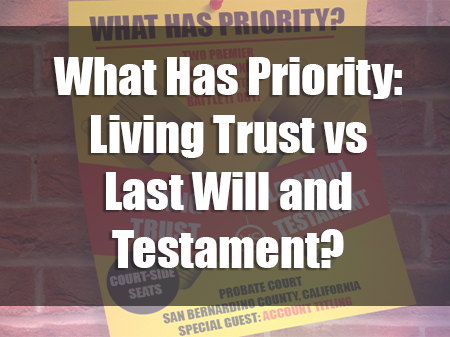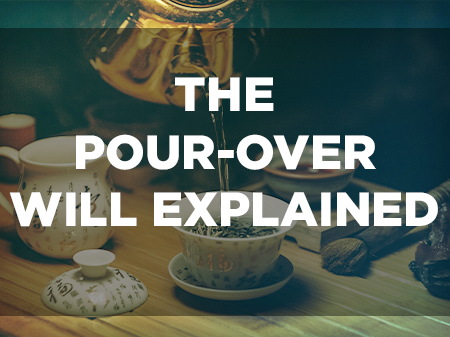The two primary goals of estate planning are creating a legacy and preserving assets to generate generational wealth. The only true way to do this is through an estate plan centered around the living trust. However, that raises the question, what do we mean by legacy and generational wealth? Enrichment, freedom and a safety net.
Read MoreA common task for attorneys is fixing the problems that people find themselves in. Sometimes this is due to errors that could have easily been avoided. Here, we'll discuss some of the common mistakes and pitfalls we are often called in to fix when it comes to deeds on real estate.
Read MoreThe legal recognition of same-sex marriages from the 2015 Obergefell v. Hodges Supreme Court decision brought with it more than just marriage equality, but a plethora of estate planning and tax tools that accompany recognized marriage. As the title of this video states, we'll be discussing some essentials in estate planning for those who are a part of the LGBTQ+ community. However, what is great about the estate planning world is that all the same principles apply here as to cis-gender people and heterosexual marriages.
Read MoreWho has the power to change or revoke a trust and can a trustee change or revoke a trust? Generally, no... with an asterisk. Trustors retain the power to change, amend or revoke a trust, but trustees can still find amendments void and exercise some discretion in their management of the trust's assets.
Read MoreWe've talked at length about titling assets, why you need a will with a trust and how to go about funding your trust. However, all that raises the question of what to when those things are in conflict with each other. Which takes priority, the living trust, a last will or perhaps the title of the account or asset itself? Generally speaking, the first thing we are going to look at is the title of the account or asset, keeping in mind the type of asset and its value.
Read MoreWe've already discussed putting assets into your trust and in detail on how to fund your trust with real estate and any financial accounts you might have. Today we're capping off that discussion with everything else that will be funded into your trust - your personal property, artwork and collectibles. Your "untitled property" includes just about everything you own like tools in the garage, pictures on the wall, your furniture, appliances, books, clothing, jewelry, and the list goes on. As you don't have a title to these types of assets like you do with real estate, the way we get them into the trust is by assigning your interest in the property to the trust.
Read MoreWe've talked previously about why you still need a Last Will and Testament with a Trust. In this video, we talk about that Will in detail - the Pour-Over Will. What is a Pour-Over Will and how does it differ from a normal Last Will and Testament or Living Will? Your pour-over will works in conjunction with a living trust, taking your assets and pouring them over into your living trust.
Read MoreThere are usually two major assets that make up one's estate - real property and money. We've already covered the criteria to take into account when determining what assets should go into your trust, as well as how to transfer your real estate into said trust. Today we'll be discussing how to get that second one - money - into your trust. This process is called funding your trust.
Read MoreReal estate, land, a house or home. Whatever you call it, about two-thirds of us have it and a lucky few have more than one. Regardless of what state you live in, I would put money on the fact that any real property you have should be titled into a living trust to avoid a probate and save your family time, money and sanity. In a previous video, we talked about what assets should go into your living trust. Now let's talk about how we actually get the big one in there - real property. Let's talk trust transfer deeds.
Read MoreRevocable transfer on death deeds have only been around in California since 2016 and are already subject to a lot of bureaucratic minutiae. Originally set to sunset in 2021, they were instead extended to at least 2032 meaning absent some crazy litigation sending shockwaves through the estate planning or real estate legal worlds, then these transfer on death deeds are likely here to stay for the long run. One would think the process would be simple. You sign a deed transferring your property to someone else at your death. However, there are a lot of rules to be aware of, including those that went into effect just this year.
Read More








